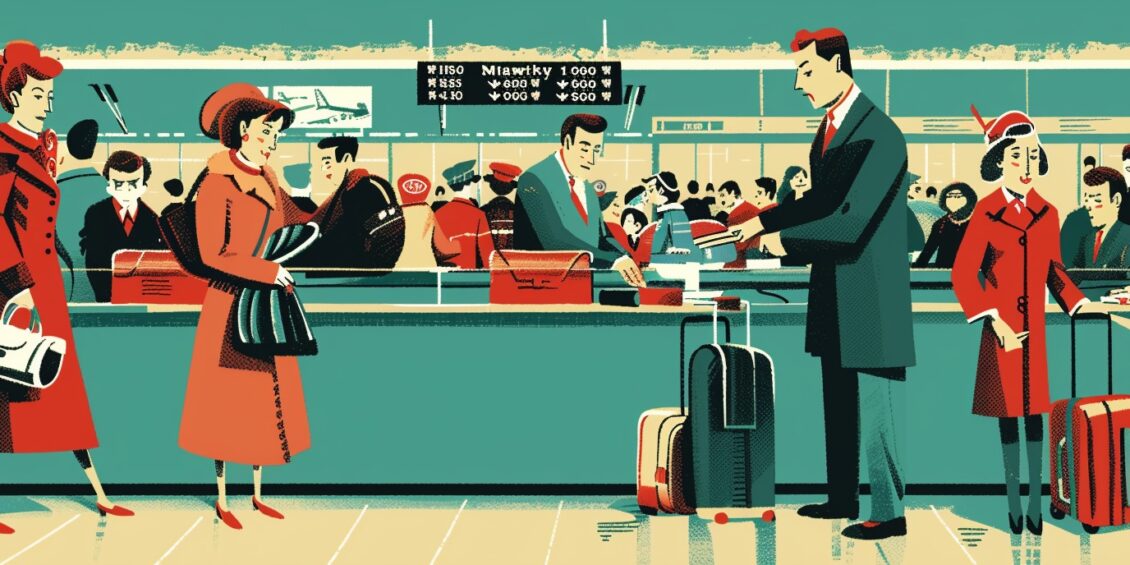
As we approach the peak of summer, travel businesses are bracing themselves for what could shape up to be the busiest season since the pandemic.
Businesses within the travel industry — including airlines, online travel agencies, car rental firms, hotels, and others — will likely experience an increase in demand. However, the anticipated travel boom also presents significant challenges. With more traffic and transactions comes greater risk of fraud and chargebacks as well.
As an industry specialist in fraud prevention, I want to spotlight the potential challenges this influx could mean and the pivotal role fraud prevention will play.
Record Travel Figures Could be Derailed by Disputes
Based on the Tripadvisor Summer Travel Index, we’re expecting US travel in summer 2024 to exceed pre-pandemic levels. Even despite rising prices and frequent delays, Americans still prioritized their vacations.
In the coming year, this trend is expected to gain momentum, with Forbes predicting that more than half of consumers plan to travel as much as they did last year, if not more. Millennials and Gen Z appear to be the most inclined to spend on travel, thanks to their preference for experiences over material goods and increased influence from social media.
This predicted surge is thrilling news for travel industry stakeholders. But, it also threatens an increase in disgruntled customers and more prevalent fraud as transaction volumes rise.
Overbooked flights, hotel shortages, and customer service shortcomings due to understaffing or logistical issues could result in an increase in chargebacks. Scammers are also expected to exploit the high volume of transactions for fraudulent activity, causing more disputes, chargebacks, and potential security breaches.
What Can Operators Do?
As travel companies prepare for the impending surge, it’s crucial to optimize customer service, security, and infrastructure. Operators need to anticipate and act on issues before they escalate. So, what can travel operators do?
There are a number of practices they can implement here. For instance, ensuring fully staffed and well-trained customer support teams. They will also need to regularly update fraud detection systems.
Investing in digital infrastructure is crucial as well. This will help handle the increased demand and providing effective communication to manage customer expectations. It will also assist in detecting and preventing fraud by implementing advanced security measures.
In addition to these precautions, travel companies can also consider offering flexible cancellation policies to reduce the number of disputes and chargebacks. This could include allowing customers to reschedule or receive a credit for future travel instead of a refund.
As more travelers turn to social media and online reviews for recommendations, it’s important for companies to monitor and respond promptly to any negative feedback. This not only addresses customer concerns but also shows potential customers that the company is proactive in addressing issues.
Other Specific Strategies to Help Travel Operators
Beyond individual efforts, the entire travel industry needs to collaborate to improve overall operations and customer service. Here’s a few strategies that we as a collective industry can consider:
- Creating and adhering to standardized security protocols for secure payment processing and customer verification.
- Enhancing data sharing among companies to identify and stop fraudulent activities quicker.
- Strengthening partnerships with banks and credit card companies to develop advanced fraud detection tools and streamline the chargeback dispute process.
- Launching educational campaigns to equip consumers with knowledge about common travel scams and how to avoid them.
- Advocating for stronger regulations and enforcement to enhance data security and online transaction transparency.
- Pooling resources to invest in advanced technologies, such as artificial intelligence and machine learning, for fraud detection.
The summer of 2024 is anticipated to be a landmark year for travel. By understanding the potential hurdles, refining our operations, and working together as an industry, we can ensure a successful and secure peak travel season for both businesses and travelers.
